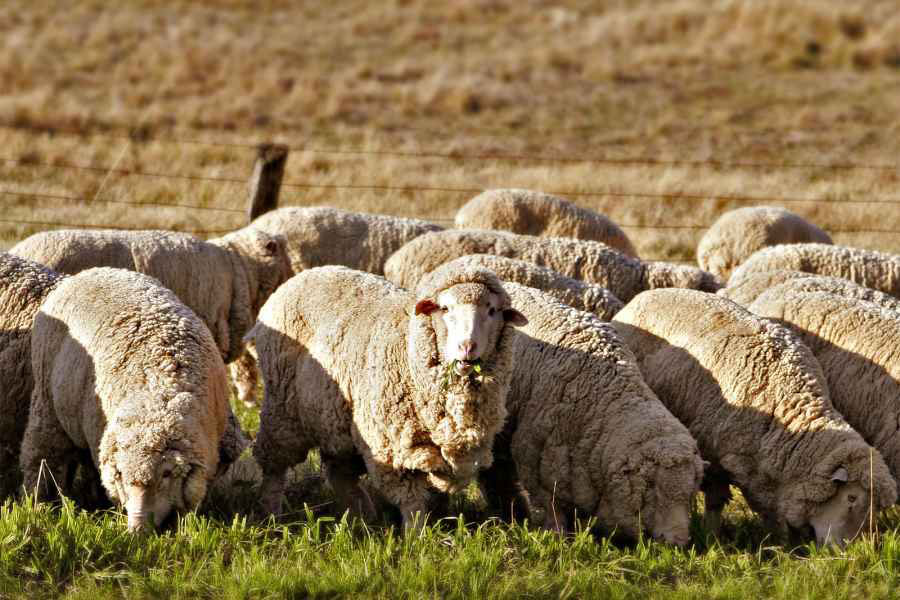
Sheep that have been genetically modified to carry the mutation that causes Huntington's disease are being studied by scientists at the University of Cambridge.
Huntington's disease affects more than 6,700 people in the UK and is an incurable neurodegenerative disease.
Together with colleagues in Australia, they successfully bred a strain of Merino sheep carrying the human genetic mutation that causes Huntington's disease in patients.
The sheep will be used to study brain and behavioural changes that cause Huntington's disease.
Not only do sheep live much longer than rodents, but also sheep brains are larger and closer in size and structure to humans.
'Invaluable' for research
"We have excellent animal facilities in Cambridge and so are in a good position to do the long term behavioural monitoring that will help us understand how the neurological symptoms develop," said Professor Jenny Morton from the Department of Physiology, Development and Neuroscience.
Until 2014 it was not possible to import live sheep from Australia to the UK, but changes in regulations allowed Professor Morton to import them.
The first sheep were imported earlier this year but have only just been released from quarantine.
The imported sheep will be used to study brain and behavioural changes that cause Huntington’s disease, with a particular emphasis on understanding the cognitive decline.
"These sheep will be invaluable to us in our search for a better understanding of Huntington’s disease, so we are grateful to the authorities for allowing them to be imported," said Professor Morton.
"We hope in future to be able to breed these sheep here, rather than having to import them, but we know that even getting to the stage of breeding them in Australia has been a challenge for the team there."
